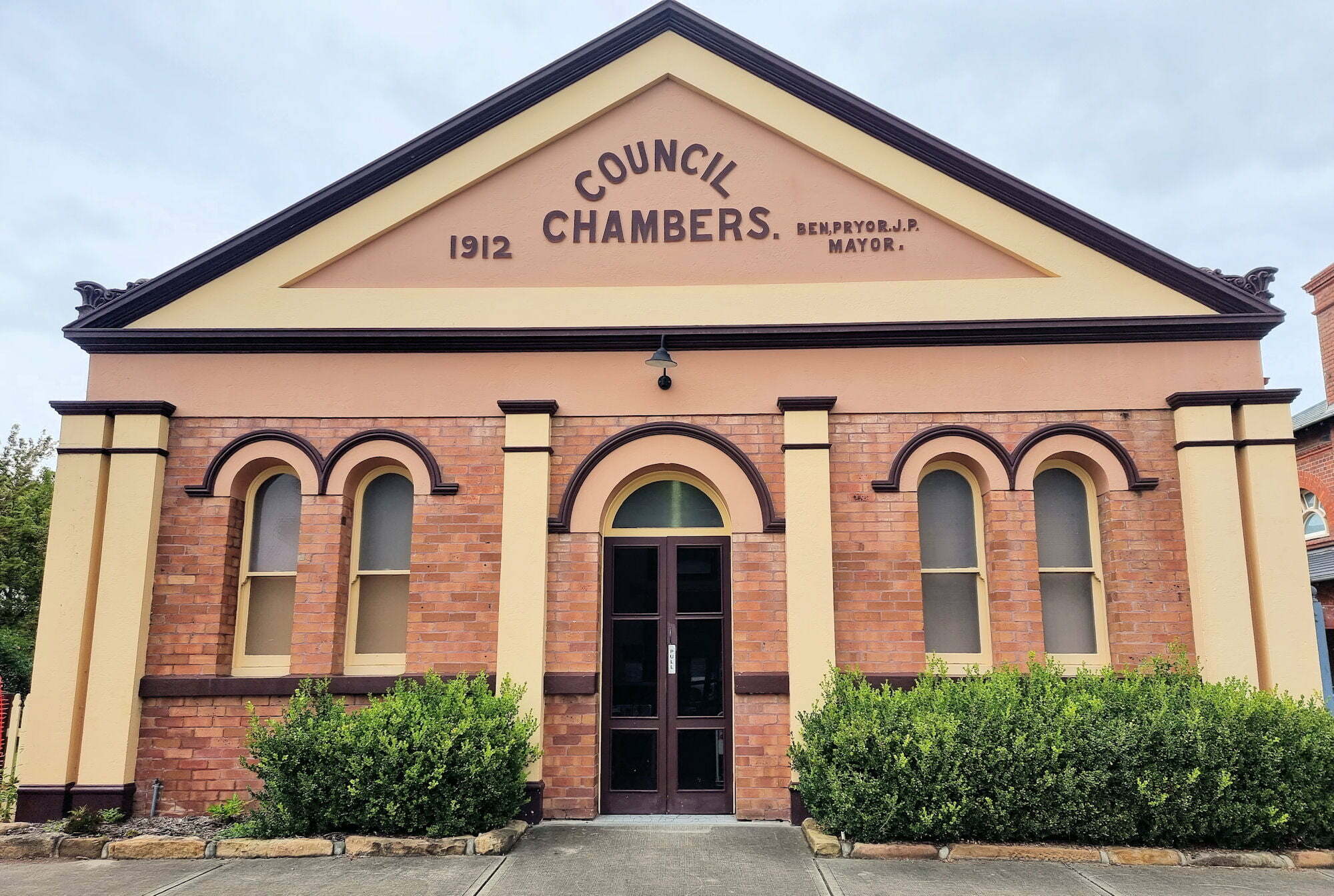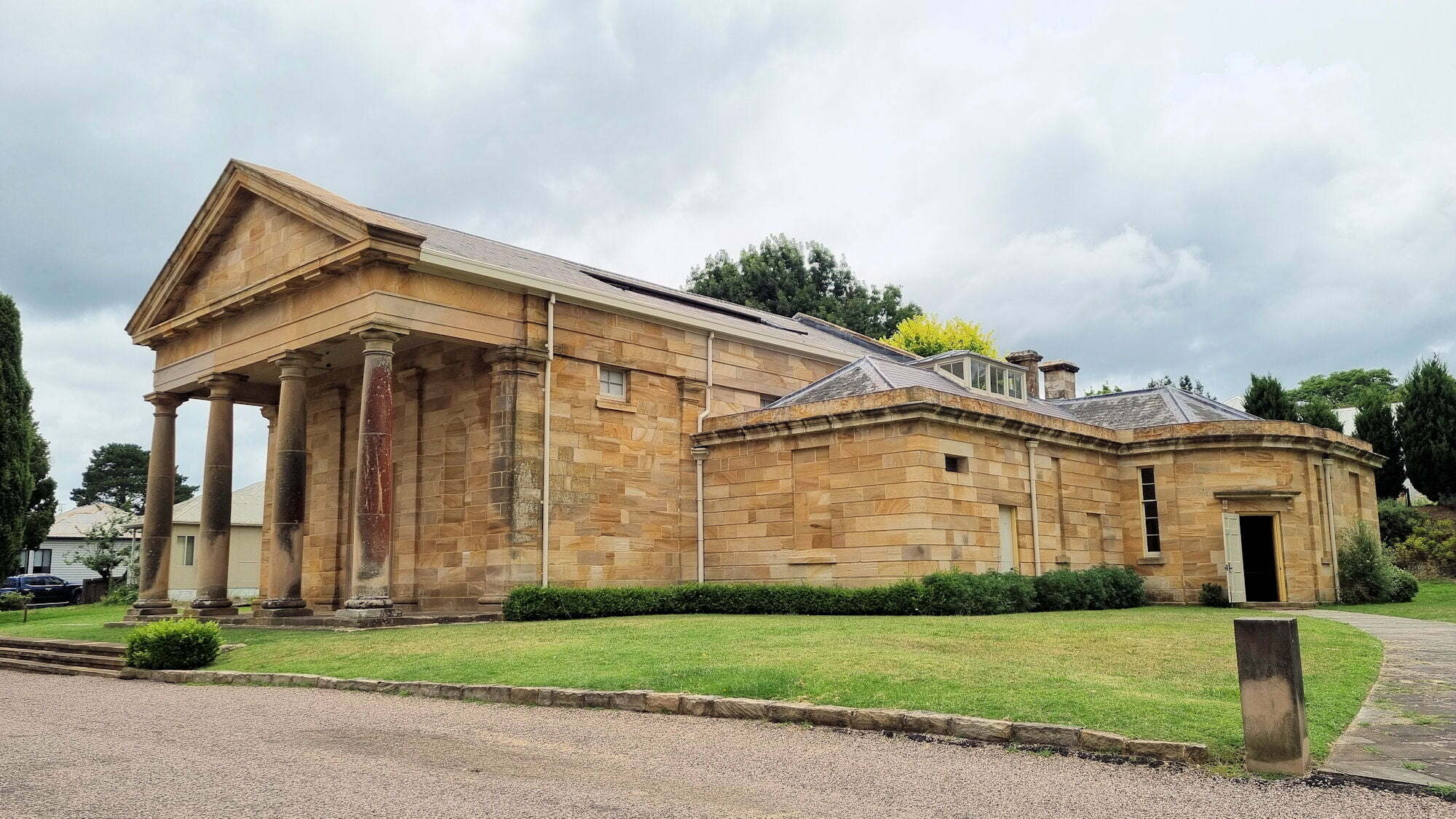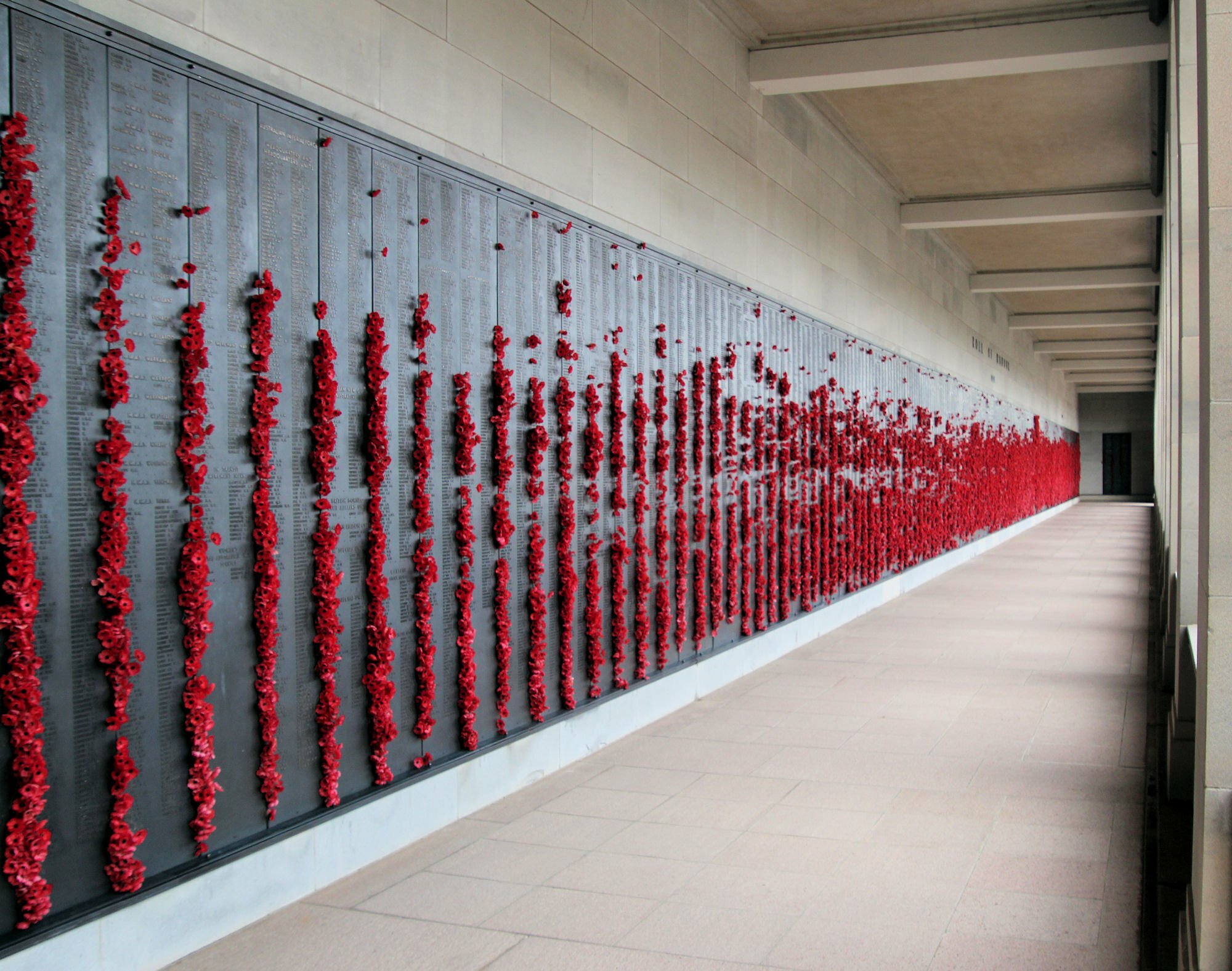Category: History
-
Greta Museum and Migrant Camp

Greta Museum and Migrant Camp Located in the New South Wales Hunter Valley, Greta once housed a large Australian Army camp, which later became a post-war migrant camp. Little remains of the camp apart from foundations and scattered stones. If the local museum did not keep the memory alive, it might have been forgotten completely.… Read more
-
Berrima Courthouse

Berrima Courthouse Designed by Colonial Architect, Mortimer Lewis in the Greek Revival style, Berrima Courthouse is one of the must see buildings in Berrima New South Wales. Completed in 1839, it only operated for seven years. Subsequently the courthouse operated only occasionally as a courthouse. However, as the centre of public administration it was from… Read more
-
Australian War Memorial Canberra

Australian War Memorial Canberra’s most popular attraction, the Australian War Memorial is an outstanding tribute to the men and women who have served in the Australian Defence Forces since federation. Access to some galleries is currently limited (2022) because the Memorial is undertaking a major renovation. During this period some exhibits are in storage. However,… Read more